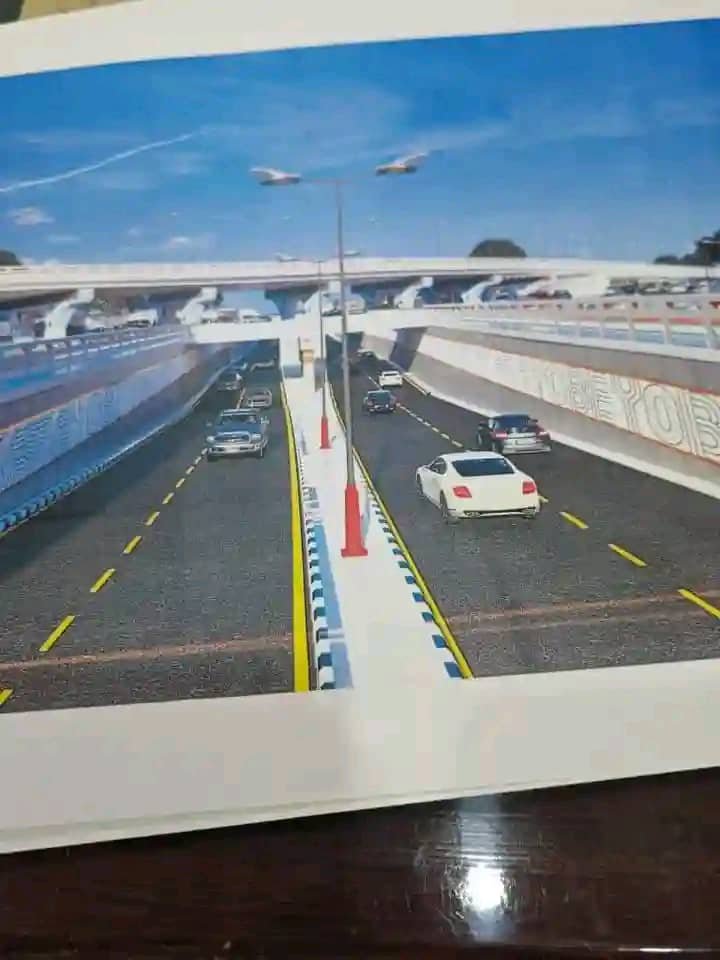Rejoinder: Gurara State Agitation — Ethnic, Religious Bigotry Disguised As Call For Justice
By Nura Bako Zango

My attention has been drawn to a write-up titled: “Gurara state: A historic call from the heart of Southern Kaduna”, written by one Barrister Samuel Bature, where he poured out spurious arguments, fabricated histories and unsubstantiated narratives on behalf of the Southern Kaduna Christians elite, to further advance their desperation for the creation of ethnically and religiously bigoted Gurara state. As a Muslim son of the soil, I find it expedient to counter his narratives and debunk his sham and empty claims as well as dubious and fabricated histories with unadulterated facts, figures and historical evidences that would go a long way in educating members of the public on what their motive for the creation of Gurara state is all about..
By any measure, Nigeria’s diversity is one of its greatest strengths, but it is also a responsibility that demands fairness, patience, and a commitment to true integration. This is why the push by some Southern Kaduna elite for the creation of Gurara State must be examined beyond its colourful language and historical anecdotes. When stripped of romanticized descriptions of hills, rivers, and festivals, the movement is exposed as one rooted in ethnic and religious bias, not in genuine equity or national interest.
Southern Kaduna is often presented as a harmonious mosaic of over sixty ethnic groups, but historical realities tell a different story. The writer has listed all the tribes in the region but obviously failed to make mention of Hausa and Fulani tribes. I don’t know if the writer had forgotten to include them or did not recognize them among the indigenous tribes. Whatever the case might be, the history of Southern Kaduna is incomplete without the Hausa-Fulani. The world knows that the region has for long been a focal point for ethno-religious violence. It has been at the centre of some of Kaduna State’s most devastating ethno-religious conflicts—many involving targeted violence against Hausa-Fulani Muslim communities. From the infamous Zangon Kataf Crisis of 1992 down to the 2011 post election violence, (just to mention a few) the lives of hundreds of Hausa-Fulani Muslims including the Muslims from the so-called indigenous tribes were claimed in Southern Kaduna by those who arrogate to themselves the indigenous entitlement status. If the Hausa-Fulani are not among the tribes, were the so-called indigenous tribes fighting themselves? The claims that these communities have “lived together peacefully” ignores decades of documented clashes, displacements, and reprisals. Such a history raises legitimate concerns that a separate state under a single religious and ethnic majority could deepen, rather than resolve, divisions.
As the proponent of Gurara State, the writer, as well as any other son of the soil with tribal and religious chauvinistic tendencies, claimed that Southern Kaduna has the population of eight million—nearly the size of the entire current Kaduna State according to official projections. This claim simply does not hold up to scrutiny. The 2006 National Population Census and subsequent projections estimate Kaduna State’s total population at about 9–10 million. The inflated figures are not only misleading but also reveal an attempt to artificially strengthen the case for viability. State creation debates must be grounded in verified statistics, not political, religious or tribal exaggeration. How on earth could only eight local government areas have eight million out of 10 million people? This claim is contrary to common sense.
The writer ought to have known that natural beauty and agricultural potential—while admirable—do not constitute justification for state creation. Many parts of Nigeria, including Niger, Taraba, and Benue States, possess comparable or even greater heritage and resource wealth but remain within their current state boundaries without agitating for a separate state on ethnic or religious grounds. National integration is not achieved by drawing new borders every time a region points to its scenic hills or fertile valleys.
Indeed, Southern Kaduna already enjoys significant federal presence: a newly established Federal University of Applied Sciences, a Federal Medical Centre, Command Secondary Schools, vocational centres, and federal agencies all operate in the region. By comparison, other parts of Nigeria with far fewer federal institutions have made no such demands. If anything, this shows that the narrative of “neglect” by the writer is politically inflated, not backed by infrastructural reality.
What the agitator called a “moral obligation” is, in reality, a religious and ethnic separationist project. Southern Kaduna is predominantly Christian, while the rest of Kaduna State is predominantly Muslim, according to the writer. The agitation has consistently been championed by leaders who have openly framed the issue in sectarian terms. Nigeria’s Constitution does not permit state creation on religious grounds, and granting such a demand would set a dangerous precedent—encouraging other groups to seek separate states whenever they feel uncomfortable living under leaders from another faith or ethnicity.
The choice of the name “Gurara” for the proposed state is also revealing. The Gurara River is a natural heritage shared by multiple ethnic and religious communities in Niger and Kaduna States. Appropriating it to brand a state intended to be dominated by one religious bloc strips it of its shared identity and instead politicizes what should be a unifying natural symbol.
The proponent argued that the eight LGAs in Southern Kaduna could be split into twenty or more after state creation. This is not only unrealistic but fiscally irresponsible. Multiplying LGAs does not guarantee better governance—it only multiplies administrative costs and political patronage positions funded by federal allocations. Nigeria’s current financial strain should caution against such proposals.
Even the much-touted “unity in diversity” within Southern Kaduna is overstated. Internal disputes between different Southern Kaduna ethnic groups—over land ownership, traditional stools, and political representation—are well documented. Removing the Hausa-Fulani from the political equation would not magically erase these rivalries; it might actually worsen them as groups compete for dominance in the new state.
Listing the names of prominent individuals from Southern Kaduna is not a constitutional basis for state creation. Many of these individuals—whether in the military, politics, or academia—rose to national prominence under the current Kaduna State structure. Their achievements prove that Southern Kaduna sons and daughters can thrive without breaking away into a separate state. In listing the names also, the writer has revealed his true identity by dubiously failing to mention the likes of Aliyu Muhammed Waziri (Wazirin Jama’a), who held the position of Secretary to the Government of the Federation (SGF) under the military government of Ibrahim Badamasi Babangida and other prominent Muslim sons and daughters of Southern Kaduna who carved a niche in almost all walks of life. Moreover, some of the names that the writer celebrated such as Gen. Zamani Lekwot, are associated with controversial and agonizing historical events, including violent conflicts and genocide that further expose the divisive undercurrents of this agitation.
The most telling admission in the pro-Gurara narrative is the emphasis on Southern Kaduna’s “predominantly Christian” identity. This is the central driving force behind the movement, and it cannot be dressed up as a neutral call for justice. Nigeria’s federal structure was not designed to be balkanized along religious lines, and doing so would undermine national unity, embolden other sectarian movements, and weaken the federation.
Finally, the claim that Southern Kaduna is exceptionally hospitable to all Nigerians is undermined by multiple independent reports from Amnesty International, Human Rights Watch and eye-witness accounts documenting targeted attacks and displacement of Hausa-Fulani Muslim communities in the region. Until such deep-seated grievances are addressed, the promise of a new state where “everyone will be welcome” rings hollow.
Justice and equity are noble ideals, but they cannot be achieved through selective history, inflated statistics, and sectarian agendas. The creation of Gurara State under the current circumstances would reward ethnic and religious exclusivism, not promote true national integration. Nigeria’s unity must be built on structures that bring people together—not on boundaries that divide them further.





